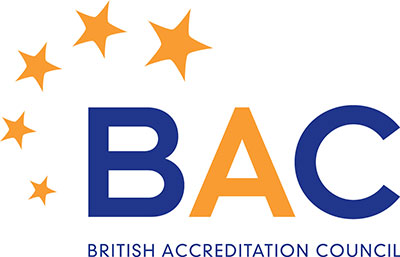My first weeks at CICD - a test for the next step!
By Nicole Cianflone Mottola, Development Volunteer team / June 2025
My first weeks at CICD
After completing my Bachelor's degree in History, I knew I wanted to take a moment to stop, reflect on what I had already done and plan my future. Intending to pursue my academic career in the field of human cooperation and human rights protection, I was specifically looking for an authentic and direct field experience that could both provide practical help and contribute to my personal and professional growth.
After a long search, in March 2025 my choice fell on the 10-month “Development Volunteer” programme offered by the College for International Co-Operation and Development (CICD). In particular, compared to the other options, I appreciated the choice of introducing a preparatory period - in my case 3 months - within the college, so as to arrive prepared, both theoretically and practically, for the second volunteering period in Africa or India.
At the time of writing, less than two weeks have passed since my arrival at the college. Although time is extremely limited, some considerations have already been reached.
Stepping out of my comfort zone
Firstly, despite some other previous experiences abroad, for the first time I can say that I feel completely out of my comfort zone. Being able to fit into an already well-established community made up of people with completely different backgrounds, personalities and cultures is definitely the first, big challenge.
In addition to community life, my usual independence and autonomy have also been put to the test: funds are scarce, the school hosts numerous students and carries out as many projects; in this context, the collaboration of everyone, in order to achieve the set goals and maintain internal harmony, is therefore clearly indispensable and requires a constant collective effort.
Last but not least, language. Personally, I believe I have an intermediate level, which allows me to easily follow the lessons and understand the general guidelines. However, the existence of a language barrier, as is normal at the beginning, is unquestionable. Participants must be prepared for a continuous effort aimed at improving their oral and written expression skills. We must take into account the extra time and energy required to get to know and create a meaningful bond with people with whom we do not share a native language.
Obviously, it is too early for me to draw conclusions about such a complex and multifaceted environment as CICD. There is no doubt, however, that people here must be willing to put themselves on the line, tackling problems and performing activities that are unusual compared to their ordinary routine.
And what better way than this to test one's limits, learn or hone all the qualities and skills useful for the actual project?





